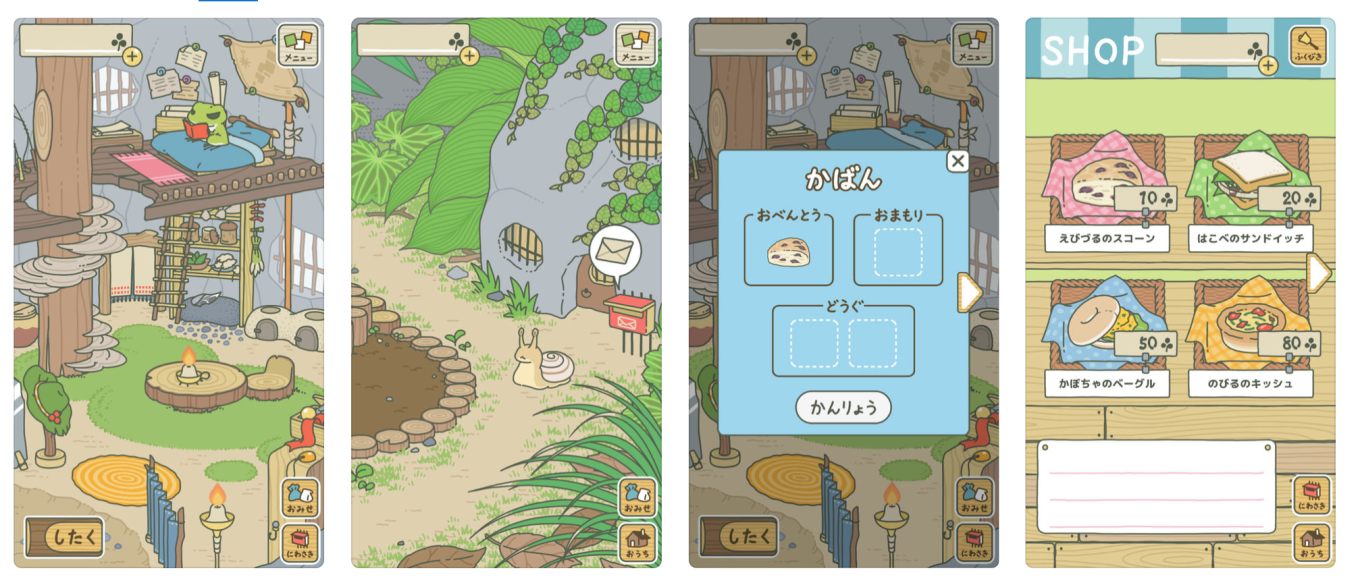
How a ‘Traveling Frog’ Highlights Problems Within Apple’s Chinese App Store
A popular Japanese app about a traveling frog has highlighted the fact that Apple isn’t doing enough to prevent fake apps from entering its App Store in China, the world’s largest smartphone market and Apple’s single largest country for app revenue.

According to a new report from TechCrunch, a Japanese game called “Tabi Kaeru” – or “Travel Frog” – has become an unexpectedly massive success in mainland China. Centered around a traveling frog, the game “struck a chord with Chinese consumers who were drawn in by the frog’s vicarious travel, eager to find a companion that fits in their pocket, or a combination of the two.”
While the game sounds like a relaxing way to kill a little bit of time, it popularity – which gave rise to several imitators – shows that the Cupertino company isn’t as strict in enforcing rules for its Chinese App Store as it is in other parts of the world.
The authentic version of Tabi Kaeru quickly rose to the top of the Chinese App Store on January 21, and the game quickly became a smash-hit on all social media platforms in the country. This, as was seen previously with the maddening “Flappy Bird,” gives rise to unscrupulous developers who quickly code up something similar yet inferior and submit them to the App Store, as is the case with “????.”
“‘????.’ entered the App Store on January 22 as a paid download costing 30 RMB, or around $4.50,” reads the report. “But beyond just surfing the wave of interest in the game, the developer behind the app also took out paid App Store ads against the hot keywords that had flooded social media in order to attract attention.”
The fake app surged to the top of the “paid-for” download chart for the entire country on January 22, where it stayed for 10 hours until Apple removed it, presumably noticing it charting high. Later, the authentic version of “Tabi Kaeru” regained its ground.
“Samin Sha, Chief Analyst at China Channel, told TechCrunch that the fake app is estimated to have clocked as many as 30,000 downloads during that brief time in the App Store, which he estimates at around 30 hours,” reads the report. “That means it could have grossed as much as 900,000 RMB. After removing Apple’s 30 percent cut for app transactions, that would give the developer a payout of around 630,000 RMB, or approximately $100,000 [USD].”
Many have speculated that Apple has outsourced its App Store vetting process to a local third-party, while other seem to think that the Cupertino company is simply handling it from the United States, where its team “has little to no knowledge or exposure to trends and culture in China.”
“The issue is a huge one that goes well beyond a traveling frog,” concludes the report. “China overtook the U.S. in October 2016 to become the largest market in the world for App Store revenue, according to data from analytics firm App Annie, and it continues to grow faster than any other place on the planet. A recent report from App Annie found that consumer spend across all app stores in China rose by 270 percent between 2015 and 2017. The U.S. ranked second with 75 percent growth.”

